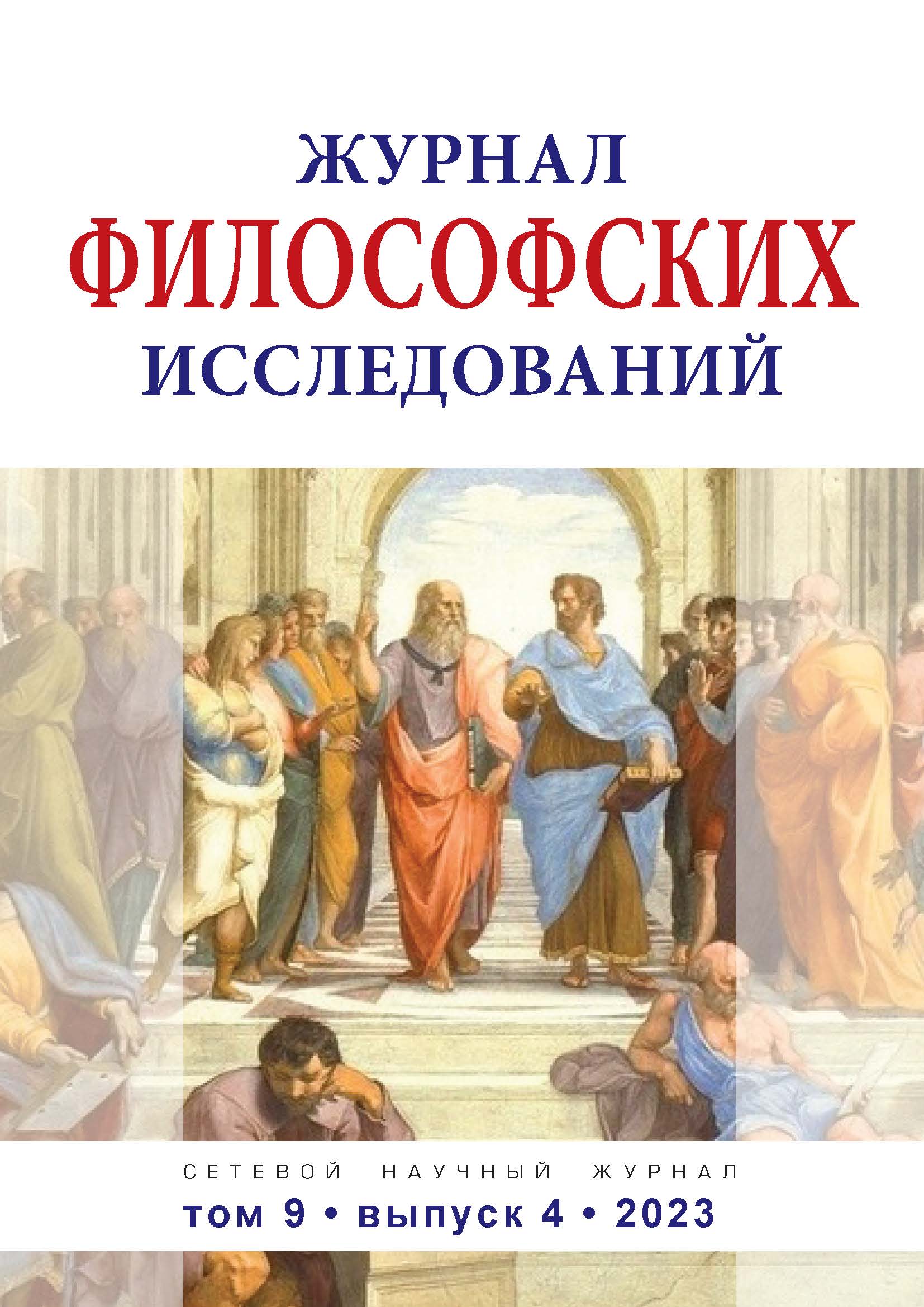Bauman Moscow State Technical University (professor)
Moscow, Russian Federation
The question of what induction is and what is its place in scientific knowledge has always attracted the close attention of philosophers and scientists. The problem of induction as a method of transition from less general scientific statements to more general ones, and especially from facts to scientific laws, is also relevant in the modern methodology of scientific cognition. This is due to the fact that its decision directly affects the assessment of the role of experience, observation and experimental data as the basis, source and criterion of the truth of scientific knowledge. At the same time, the fact that scientific cognition often begins with an empirical study of cognizable objects and must correspond in its conclusions to the data of observation and experiment, none of the scientists is in doubt. The uncertainty is as follows: 1)can induction be considered not only as a method of obtaining empirical facts, but also as a method of obtaining (discovering) empirical laws and 2)can induction serve as a method of substantiating the truth of scientific laws or at least the degree of confirmation of their truth. And here the positions of inductivists and their opponents (anti-inductivists) radically diverge. It should be borne in mind that different types of induction are used in real science: in mathematics, this is mathematical induction as a special type of rigorous proof (Poincare), and in natural and social sciences, empirical induction in its three forms: enumerative induction (Aristotle), eliminative induction (Bacon, Mill) and induction as the reverse deduction (Jevons). All these are conclusions from less general knowledge to more general knowledge, but with different cognitive functions and capabilities. In this article, the possibilities and functions of empirical induction alone will be considered in detail.
scientific method, induction, eliminative induction, induction as reverse deduction
1. Lebedev S.A. Kurs lekciy po filosofii nauki. M.: Izdatel'stvo MGTU im. N.E. Baumana. 2014. -
2. Lebedev S.A. Metodologiya nauki: problema indukcii. M.: Infra-M. 2013. -
3. Lebedev S.A.. Metodologiya nauchnogo poznaniya. M.: Prospekt 2021. -
4. Lebedev S.A. Filosofiya i metodologiya nauki. M.: Akademicheskiy prospekt. 2021. - 626 s.
5. Lebedev S.A. Filosofiya nauki. Uchebnoe posobie. M.: Yurayt. 2011. - 288s.
6. Lebedev S.A. Filosofiya nauki: pozitivno-dialekticheskaya koncepciya. M.: Prospekt. 2021. - 448 s.
7. Lebedev S.A., Borzenkov V.G., Lazarev F.V., Leskov L.V. i dr. Filosofiya nauki. Obschiy kurs. M.: Akademicheskiy process. 2004. - 736 s.
8. Lebedev S.A., Rubochkin V.A. Istoriya i filosofiya nauki. M.: Moskovskiy gosudarstvennyy universitet im. M.V. Lomonosova. 2010. - 196 s.
9. Lebedev S.A. Sovremennaya filosofiya nauki. M.: Prospekt. 2023. - 312 s.
10. Lebedev S.A. Filosofiya, Metodologiya. Nauka. Izbrannye stat'i. M.: Prospekt. 2023. -720 s.






